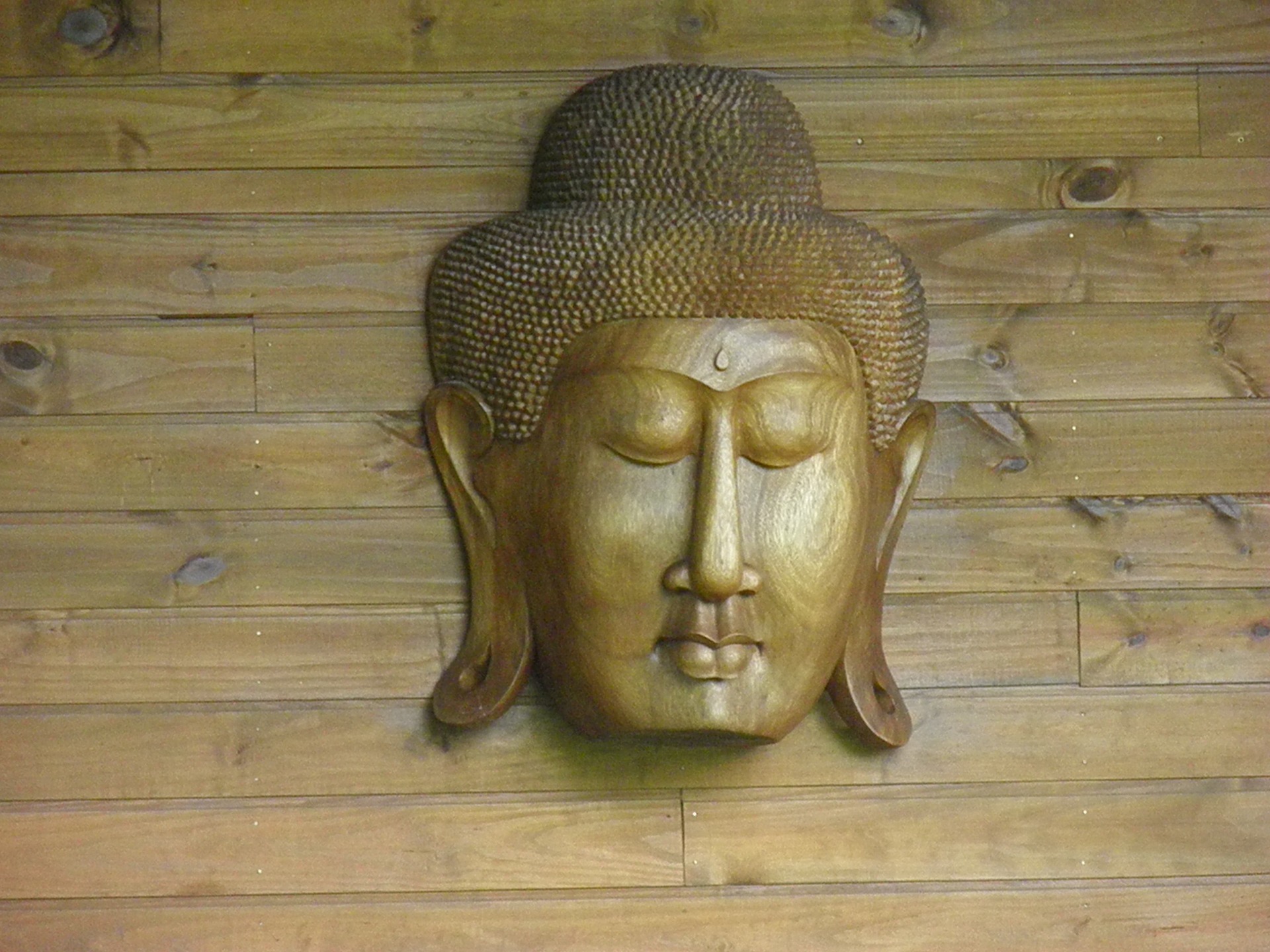The dissertations of Keith Hearne and Stephen LaBerge on the topic of lucid dreaming in the late 1970s–early 1980s were, of course, a novelty at the time. Today, there is a huge body of scientific studies on the phase states (i.e. lucid dreams, sleep paralysis, false awakenings, out-of-body, and near-death experiences), and new ones are constantly being published. Recently, a dissertation on the subject was published at Carlow University (USA): the David Silvasy studied sleep paralysis (SP) in the context of psychology.
The author conducted a study in which he asked the participants five questions:
1. What was their experience of sleep paralysis like? Not just the sensations themselves, but their inner experiences at that moment.
2. What were their beliefs and worldview before SP?
3. How did their worldview change after SP?
4. How did this experience affect their communication with people around them?
5. Has it ever happened that their opinion about their experience of SP changed, and some initial feelings and thoughts turned out to be unreliable?
Interestingly, many participants noted the coincidence of sleep paralysis with lucid dreams, false awakenings, and out-of-body experiences – i.e. the phase states. They also talked about vivid realism: it was difficult to distinguish SP experiences from wakefulness. In general, this experience became an occasion to delve into the spiritual world and brought an new level of meaning to their lives.
Sleep paralysis is most often described as the inability to move when falling asleep or waking up. However, some of the subjects reported incomplete paralysis: some could open their eyes, while others could even move their heads a little and make barely audible sounds. This begs the question: did these respondents perform these actions in the phase state, i.e. in their consciousness rather than with their physical body? There were also reverse situations when participants even reported difficulties with breathing.
The author also describes the methods of reality checking used by his respondents. For example, one preferred the classic option – pinching himself. If it hurts, then it’s not a dream. Others counted their fingers or checked the surrounding objects to see if something new or out of the ordinary had appeared.
How did your experience of phase states affect your worldview and communication with others?
The text of the dissertation was published in November 2021.




